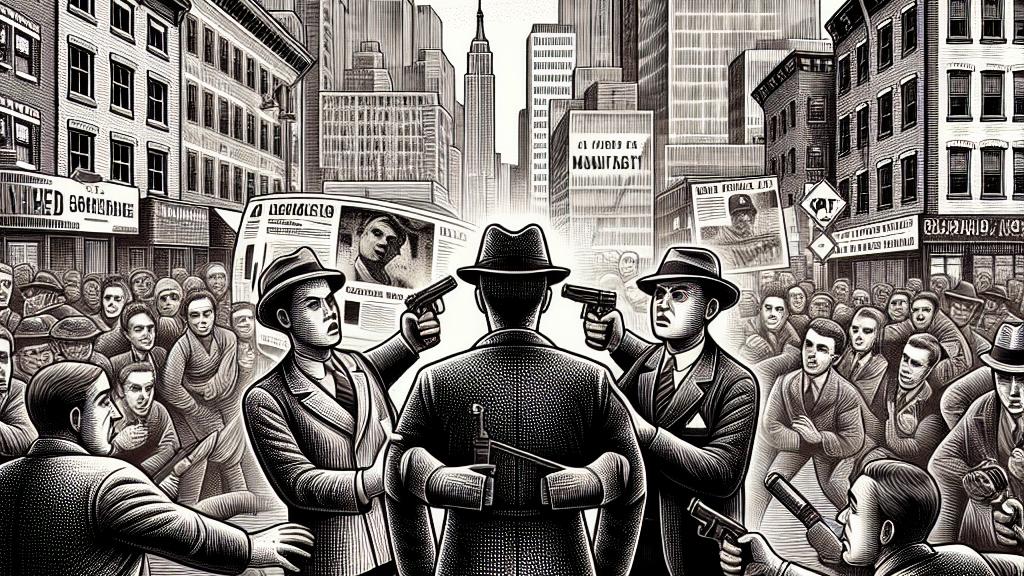Understanding Why Some People Idolize Alleged Criminals
Overview
- Luigi Mangione's case illustrates a modern obsession with alleged criminals.
- Historical contexts show societal struggles that fuel such idolization.
- Examines deep-seated emotions and motivations driving public admiration.

A Modern Tale of Crime and Idolatry
In late 2024, the shocking murder of Brian Thompson, the CEO of UnitedHealthcare, sent ripples through the streets of Manhattan and beyond. The alleged perpetrator, Luigi Mangione, quickly became a household name, not just for the crime, but for the surprising admiration he garnered from segments of the public. Social media lit up with posts praising him, drawing eerie parallels to historical figures like John Dillinger and Pretty Boy Floyd, whose daring exploits were romanticized during their times. Just as Dillinger was seen as a Robin Hood figure in the face of financial hardships during the Great Depression, Mangione's supposed motivations against the healthcare system strike a nerve with many who have found themselves at odds with the industry. This raises an intriguing question—what leads us to idolize those who have done wrong?
The Roots of Criminal Fame
The reasons behind this idolization are layered and complex. For one, characters like Mangione often reflect a rebellion against systematic injustices that resonate with the public’s own frustrations. Allegedly driven by a personal grievance towards healthcare services that he felt failed his family, Mangione’s story echoes the sentiments of a society frustrated with bureaucracy. Similarly, historical figures like Dillinger captured the imaginations of everyday citizens who felt marginalized by banks and wealth during economic turmoil. This connection transforms perceived villains into antiheroes. The emotional allure of rooting for the underdog—no matter how misguided—illustrates how society can overlook severe wrongdoing in favor of sympathetic narratives that align with their shared grievances.
A Complex Relationship with Celebrity
Moreover, the media plays a pivotal role in crafting the narratives around these individuals. Sometimes, the lines between responsible journalism and sensationalism become blurred, which can inadvertently glamorize the alleged crimes. The live coverage of O.J. Simpson’s infamous car chase, where viewers lined the freeway to cheer for him, is a testament to how media can transform a serious criminal act into a spectacle. Similarly, the way Mangione's case is reported, focusing not just on the crime but also on his background and alleged motives, fuels public interest that often overshadows the victims’ stories. As we follow these sensational stories, they ignite conversations about morality and justice, exposing the unsettling truth that sometimes our society places more value on the narrative of the accused than on the lives impacted by their actions. This ongoing phenomenon challenges us to reflect on our values and the morality of idolizing figures who embody both heroism and horror.

Loading...